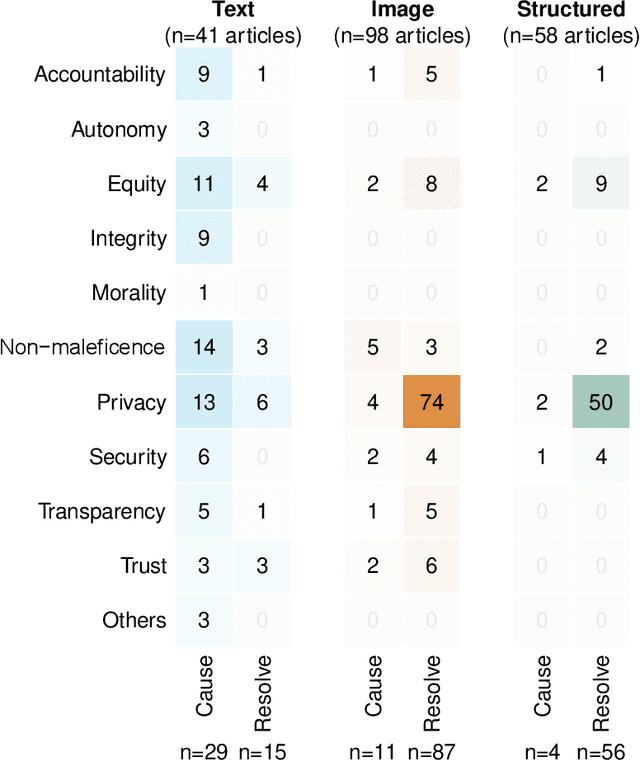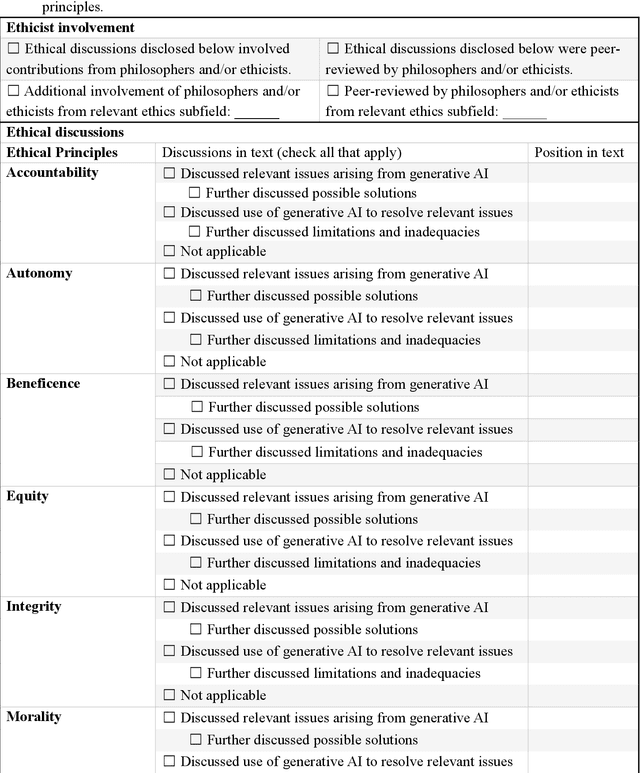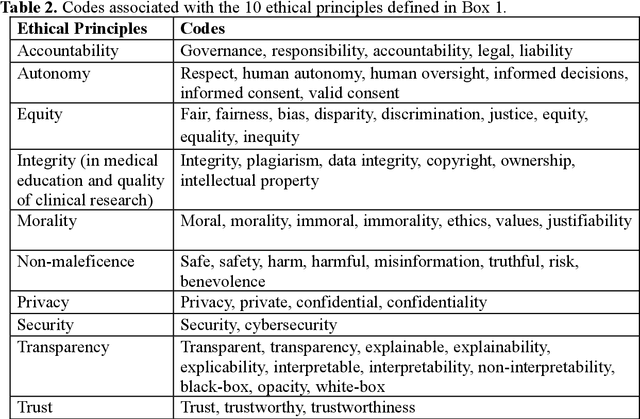Mayli Mertens
Towards Clinical AI Fairness: Filling Gaps in the Puzzle
May 28, 2024



Abstract:The ethical integration of Artificial Intelligence (AI) in healthcare necessitates addressing fairness-a concept that is highly context-specific across medical fields. Extensive studies have been conducted to expand the technical components of AI fairness, while tremendous calls for AI fairness have been raised from healthcare. Despite this, a significant disconnect persists between technical advancements and their practical clinical applications, resulting in a lack of contextualized discussion of AI fairness in clinical settings. Through a detailed evidence gap analysis, our review systematically pinpoints several deficiencies concerning both healthcare data and the provided AI fairness solutions. We highlight the scarcity of research on AI fairness in many medical domains where AI technology is increasingly utilized. Additionally, our analysis highlights a substantial reliance on group fairness, aiming to ensure equality among demographic groups from a macro healthcare system perspective; in contrast, individual fairness, focusing on equity at a more granular level, is frequently overlooked. To bridge these gaps, our review advances actionable strategies for both the healthcare and AI research communities. Beyond applying existing AI fairness methods in healthcare, we further emphasize the importance of involving healthcare professionals to refine AI fairness concepts and methods to ensure contextually relevant and ethically sound AI applications in healthcare.
Generative Artificial Intelligence in Healthcare: Ethical Considerations and Assessment Checklist
Nov 02, 2023


Abstract:The widespread use of ChatGPT and other emerging technology powered by generative artificial intelligence (AI) has drawn much attention to potential ethical issues, especially in high-stakes applications such as healthcare. However, less clear is how to resolve such issues beyond following guidelines and regulations that are still under discussion and development. On the other hand, other types of generative AI have been used to synthesize images and other types of data for research and practical purposes, which have resolved some ethical issues and exposed other ethical issues, but such technology is less often the focus of ongoing ethical discussions. Here we highlight gaps in current ethical discussions of generative AI via a systematic scoping review of relevant existing research in healthcare, and reduce the gaps by proposing an ethics checklist for comprehensive assessment and transparent documentation of ethical discussions in generative AI development. While the checklist can be readily integrated into the current peer review and publication system to enhance generative AI research, it may also be used in broader settings to disclose ethics-related considerations in generative AI-powered products (or real-life applications of such products) to help users establish reasonable trust in their capabilities.
Towards clinical AI fairness: A translational perspective
Apr 26, 2023
Abstract:Artificial intelligence (AI) has demonstrated the ability to extract insights from data, but the issue of fairness remains a concern in high-stakes fields such as healthcare. Despite extensive discussion and efforts in algorithm development, AI fairness and clinical concerns have not been adequately addressed. In this paper, we discuss the misalignment between technical and clinical perspectives of AI fairness, highlight the barriers to AI fairness' translation to healthcare, advocate multidisciplinary collaboration to bridge the knowledge gap, and provide possible solutions to address the clinical concerns pertaining to AI fairness.
 Add to Chrome
Add to Chrome Add to Firefox
Add to Firefox Add to Edge
Add to Edge